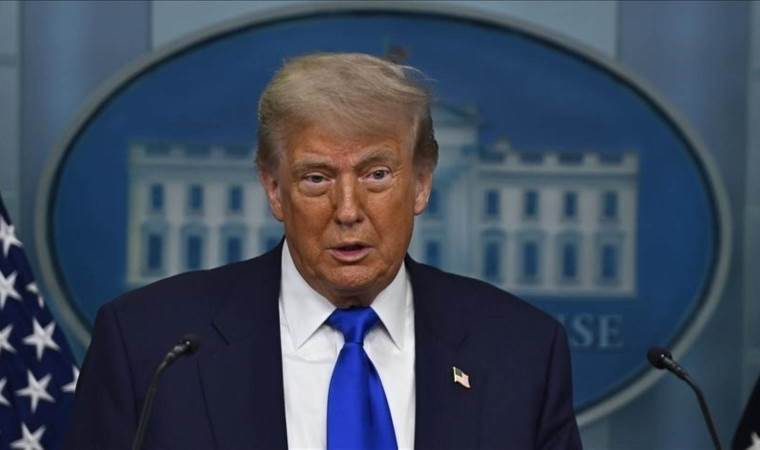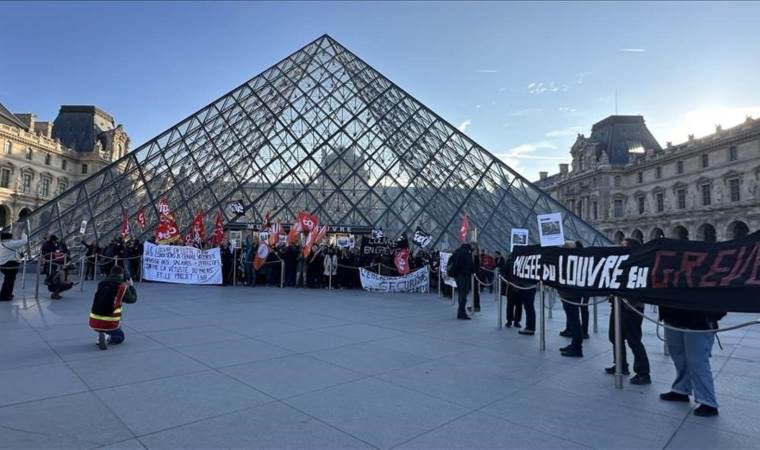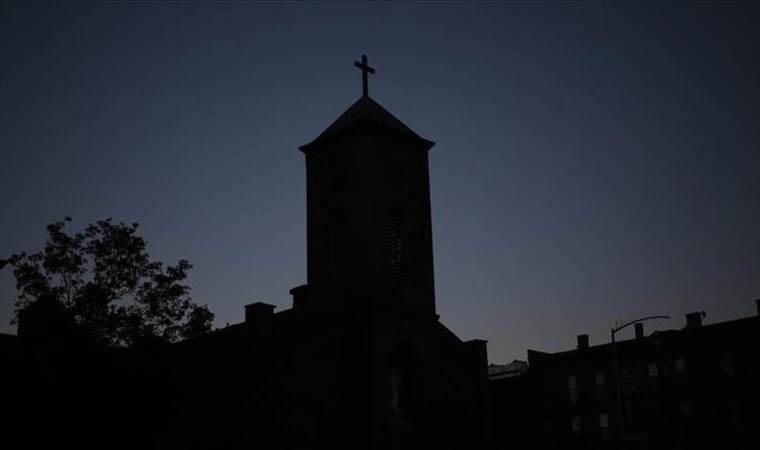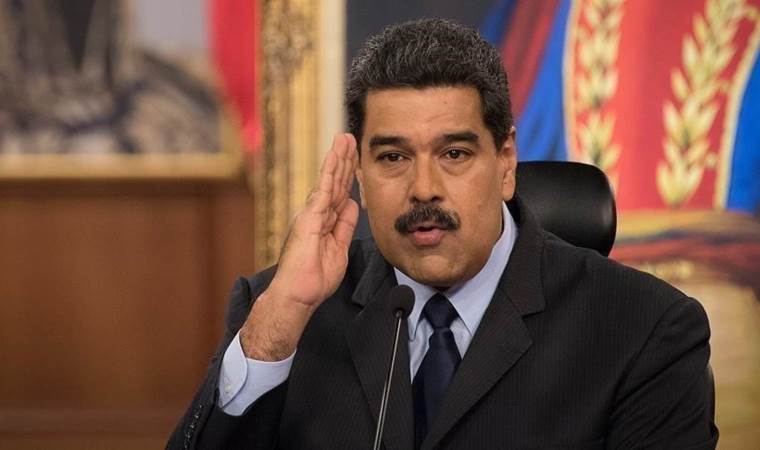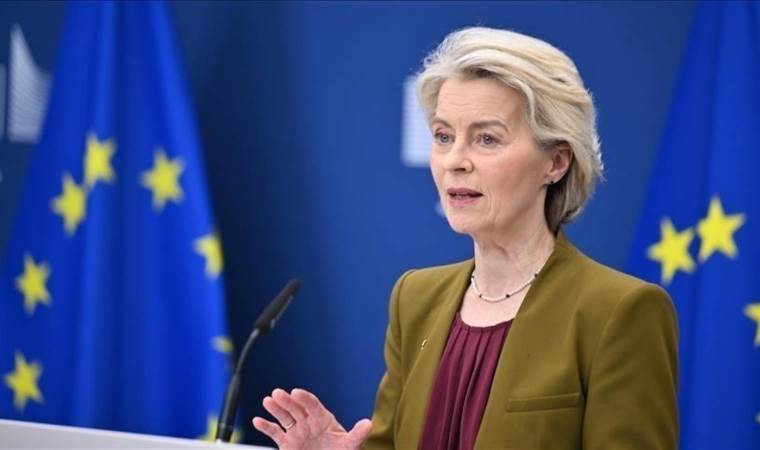Authors Columns of the Day Sport Guest Life All Authors
Respect for Secularism Day
Throughout his political career, Erdoğan has set traps to disarm those who advocate for a democratic, secular, and social state. However, he often fails to realize that he falls into these traps himself.
Let’s revisit a segment of Erdoğan's speech that was covered in the press: “My people in Turkey know very well what I think about secularism, which is why they gave me 50% of the vote. We have no issues. These regions will be engaged in a discussion or negotiation to understand and recognize secularism. I do not consider secularism as irreligion or anti-religion. My party’s definition of secularism is this: An individual cannot be secular, only the state can. As a Muslim managing a secular state, the state must maintain equal distance from all belief groups—Muslim, Christian, Jewish, atheist. All belief groups' faiths are under the protection of the state. This is our understanding. If we encounter contradictions, we will discuss them at every opportunity. If what I said opposes our values or Islam, please convince me otherwise.”
Great! In this article, I won't delve into the linguistic origins of "secular." Until the concept of state secularization emerged with the Enlightenment, religions and clergy governed individuals, societies, and states by religious rules. Religion was the constitution, law, and justice until the 18th century. The secular movement also has roots in the princes' rebellion against Rome. I will give an example from our Ottoman Empire rather than Europe to illustrate the definition of secularism:
Sultan Mahmud II demonstrated through his actions that scholars (ulema) should only deal with religious affairs, and government matters were solely within the absolute authority of the sultan. For instance, he tore up a memorandum from the Sheikh ul-Islam regarding proposed taxes, conscription of madrasa students, confiscations without religious institution approval, managing waqf affairs, and excessive interest in Western customs, stating that such matters were solely within the sultan's authority. This was a significant step toward secularism, albeit unknowingly. Here is the definition I learned at Kayatepe Primary School in Mesudiye, Mersin: “Secularism is the separation of religion and state affairs!”
Once this separation occurred, significant changes and developments began in the state and society. First, schools and courts would secularize, meaning religious pressure and obstacles would be removed from education; courts would rule not according to Islamic dogmas (nass) but according to laws passed by people in assemblies.
Of course, those who gained power and wealth through religion did not and will not accept such a drastic change (blow) meekly. Imagine those who became tyrants using religion, living in luxury, and turning lions into lambs with their “fatwa” authority... This authority was oppressive in every country.
Secularization starts with schools and the judiciary... Religious education was taken out of schools and left to families and the Directorate of Religious Affairs. However, the Directorate of Religious Affairs I refer to is not the obedient servant of the current government but the one established by the Republic. The second major change occurred in law and the judiciary: Judges and prosecutors graduated from law schools and later law faculties, replacing clerics trained in madrassas. Laws made by the Turkish Grand National Assembly (TBMM) replaced Islamic jurisprudence (fiqh) and the Ottoman legal code (Mecelle). Religious lessons were removed from schools. A state and society cannot secularize without secularizing schools and courts.
To the Islamist faction, secularism is about acting equally among religions. While this is true, there's more to it—they never mention it, but I will: Secularism is not just an institution ensuring equality among religions. It is a shield protecting individuals and society from religious oppression and tyranny. Without secularism, democracy and the republic cannot exist! Someone should tell Erdoğan: In a secular system, the state has no religion!
Yazarın Son Yazıları All Columns
Günün Köşe Yazıları
Most Read News
-
 Trump orders oil tankers blockade in Venezuela, labels M
Trump orders oil tankers blockade in Venezuela, labels M
-
 Louvre to remain closed as staff vote to extend strike o
Louvre to remain closed as staff vote to extend strike o
-
 Populist Czech government rejects EU's migration pact
Populist Czech government rejects EU's migration pact
-
 German church group calls for halt in arms exports to Is
German church group calls for halt in arms exports to Is
-
 Maduro warns of ‘new Vietnam’ after Trump orders Venezue
Maduro warns of ‘new Vietnam’ after Trump orders Venezue
-
 Syrian foreign minister phones Ahmed al-Ahmed, who heroi
Syrian foreign minister phones Ahmed al-Ahmed, who heroi
-
 'Europe must defend itself, depend on itself', says EU C
'Europe must defend itself, depend on itself', says EU C
-
 Putin says 2025 marked 'important stage' in Ukrainian co
Putin says 2025 marked 'important stage' in Ukrainian co

